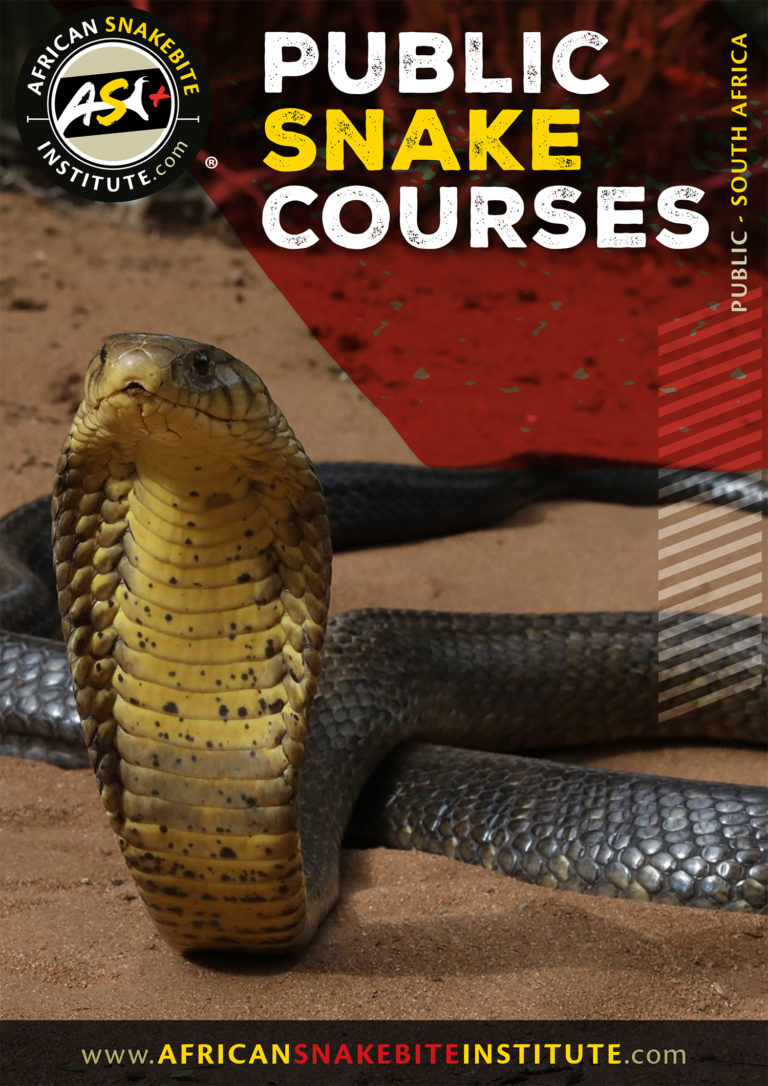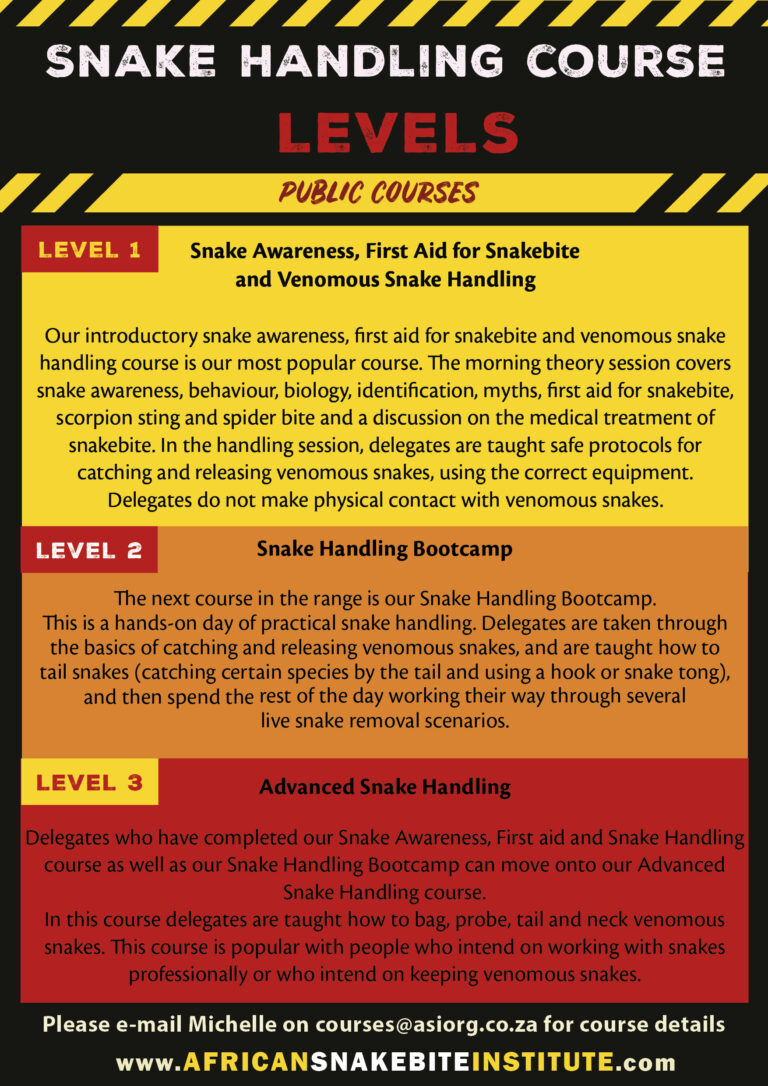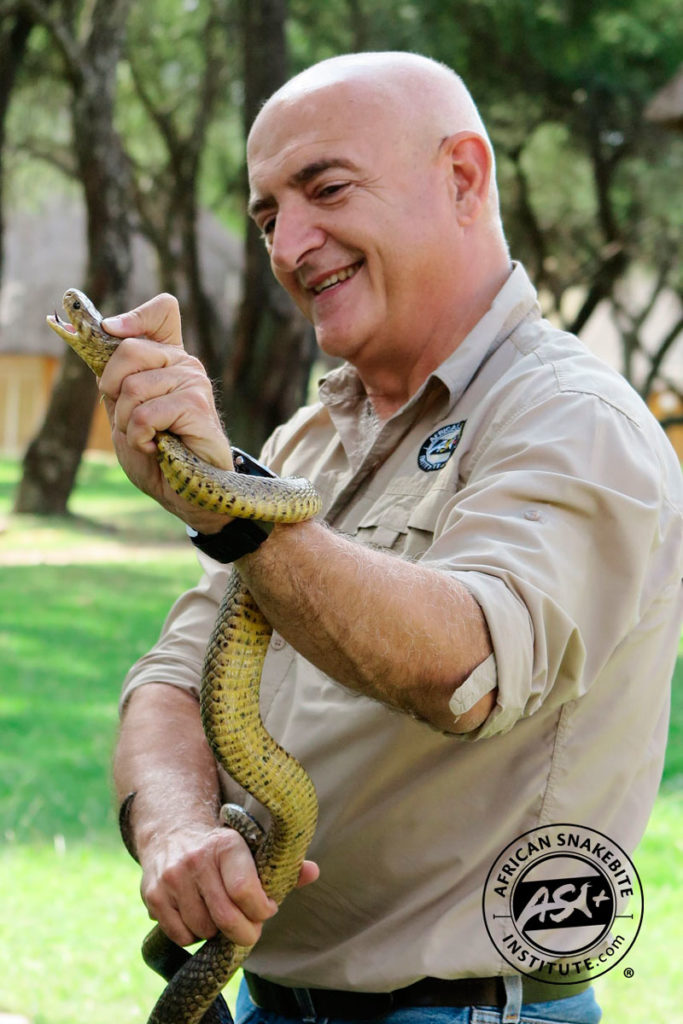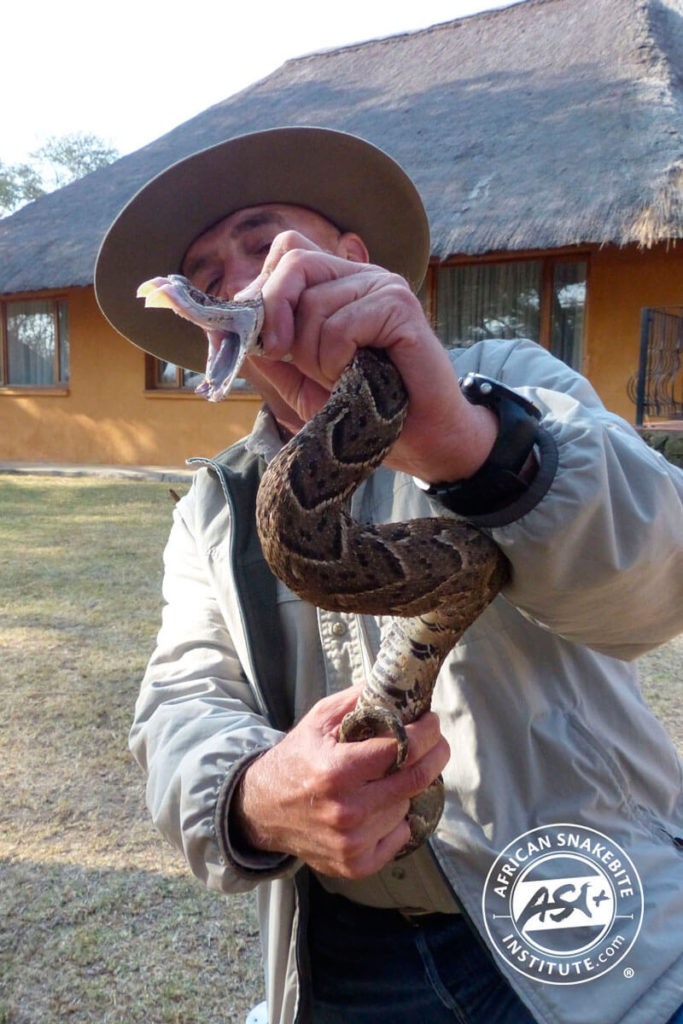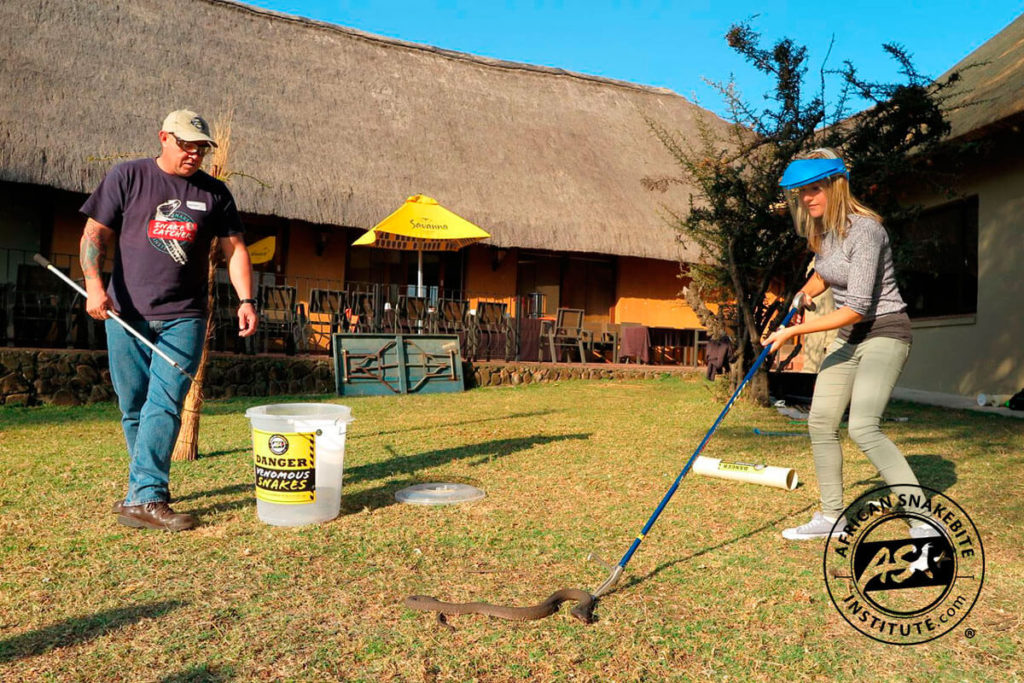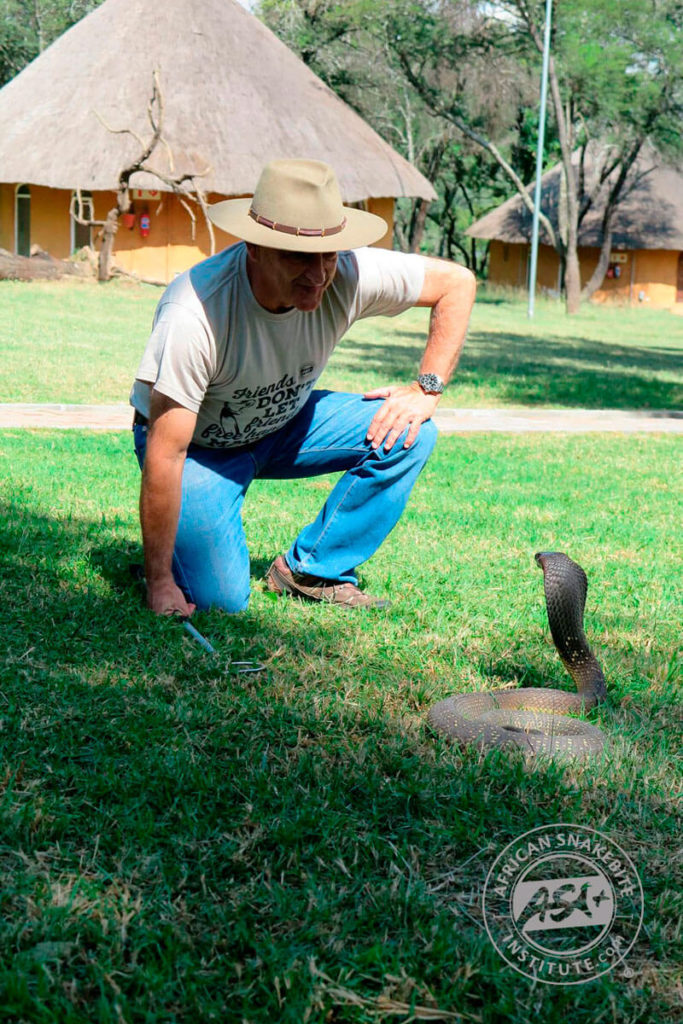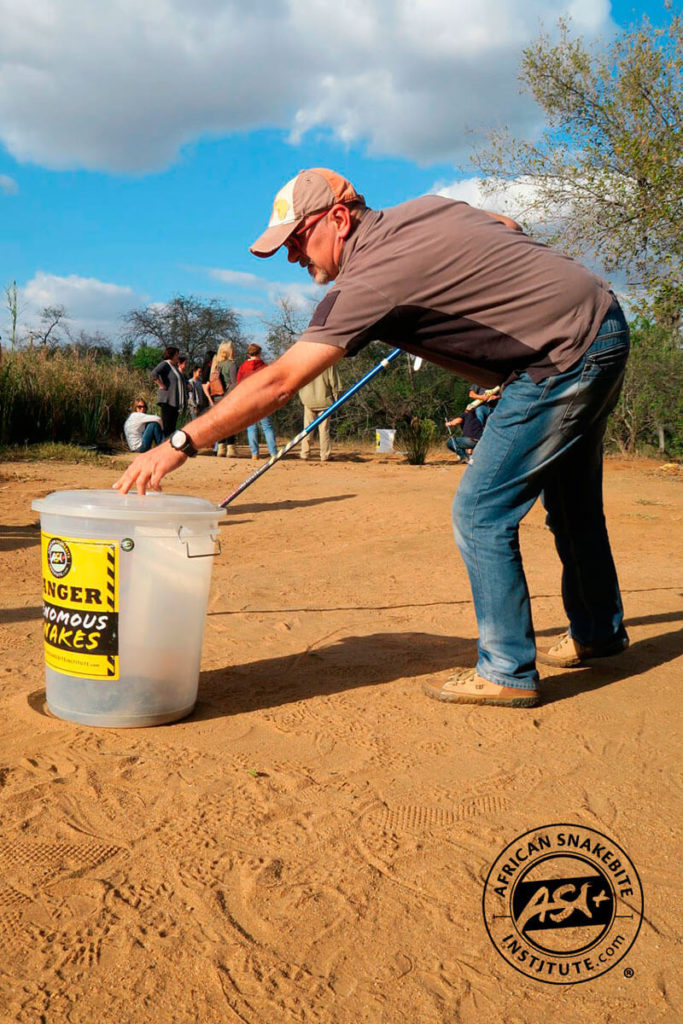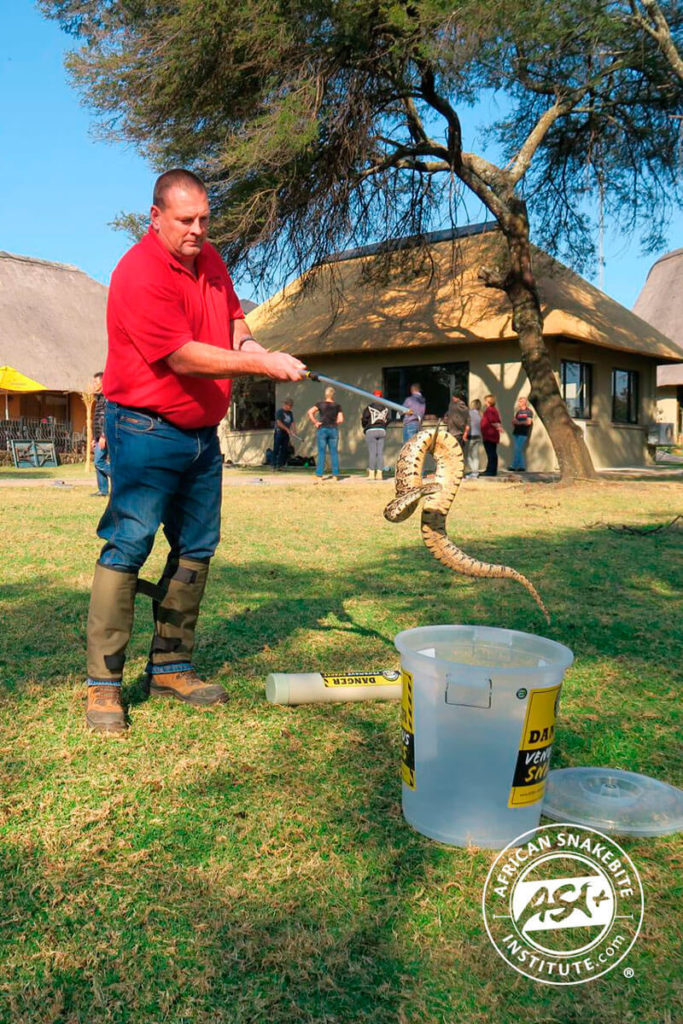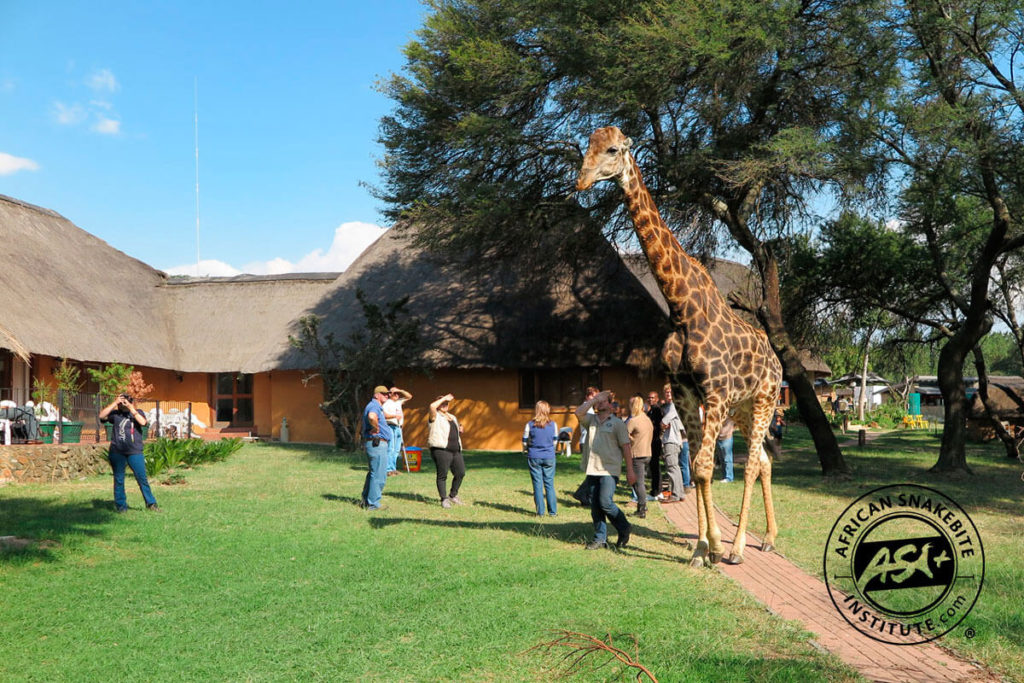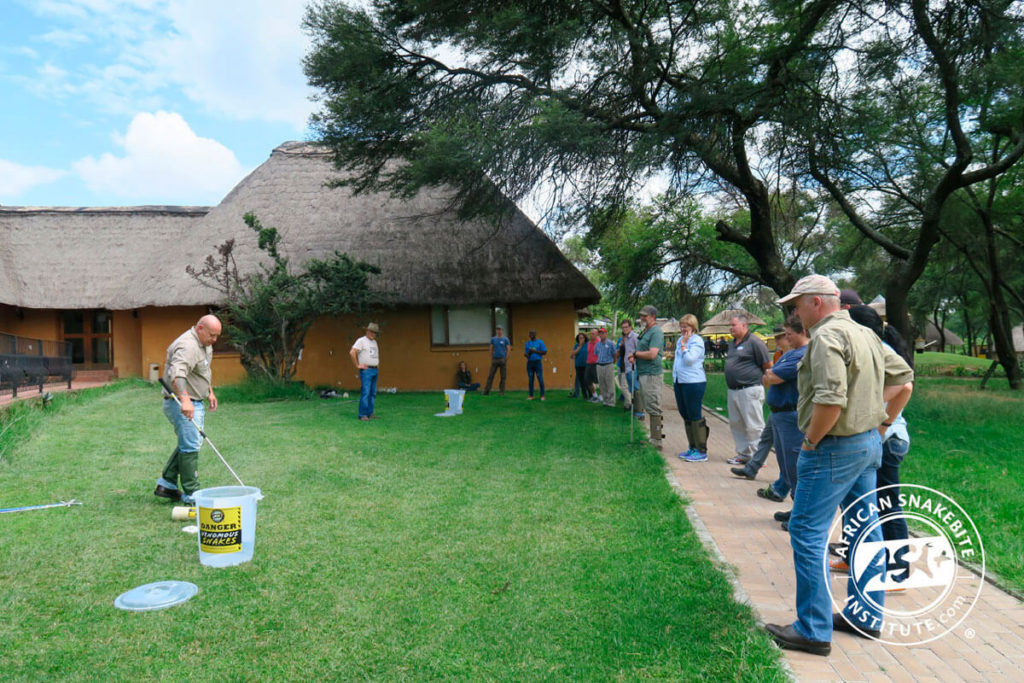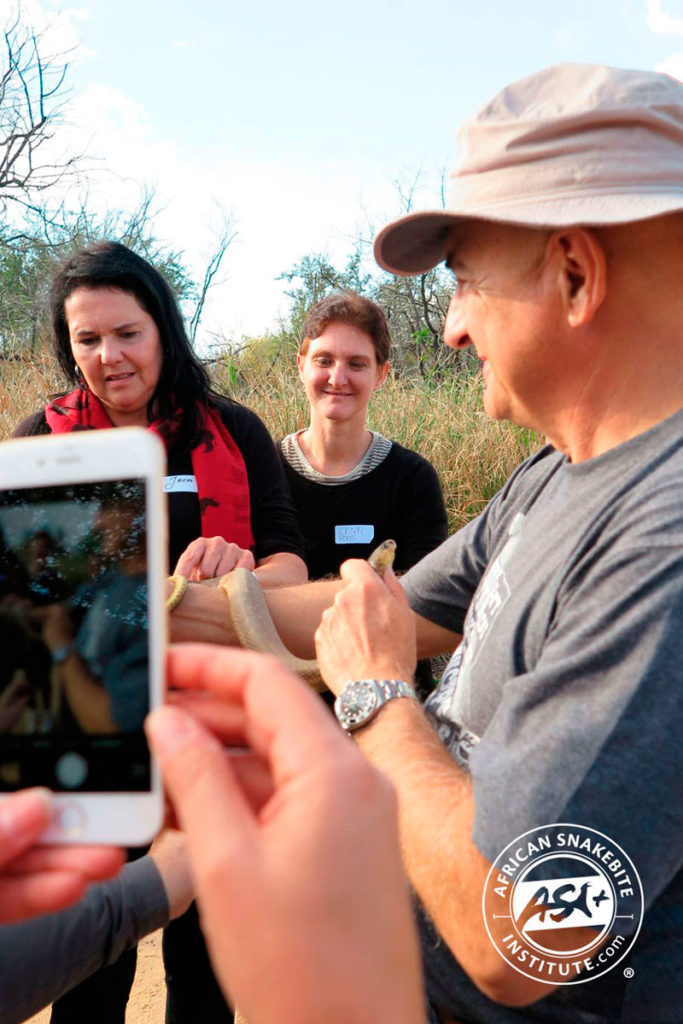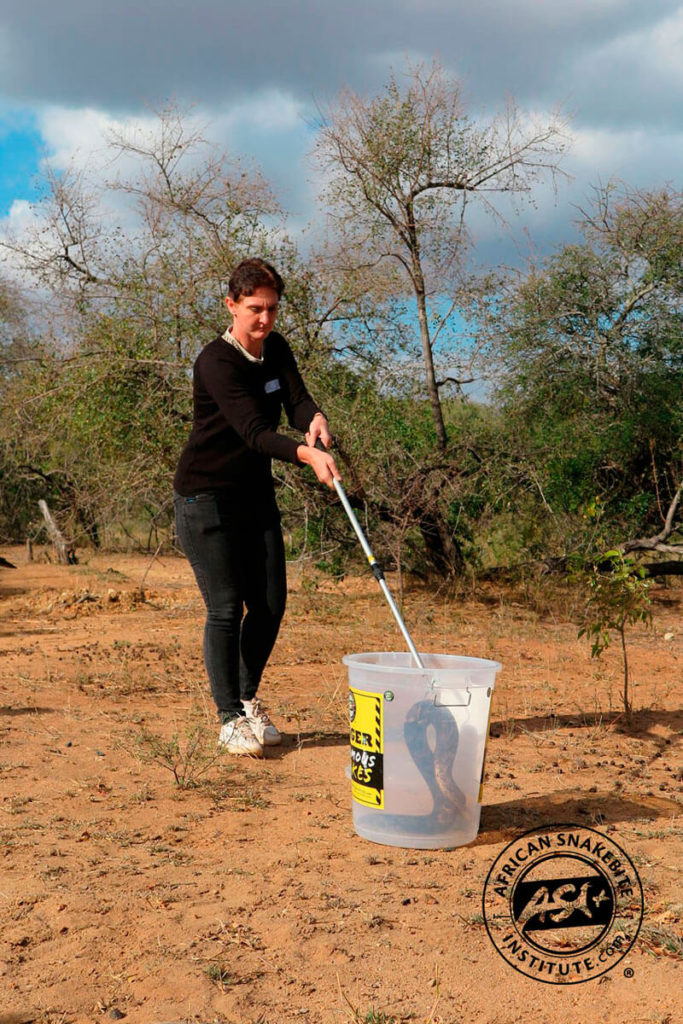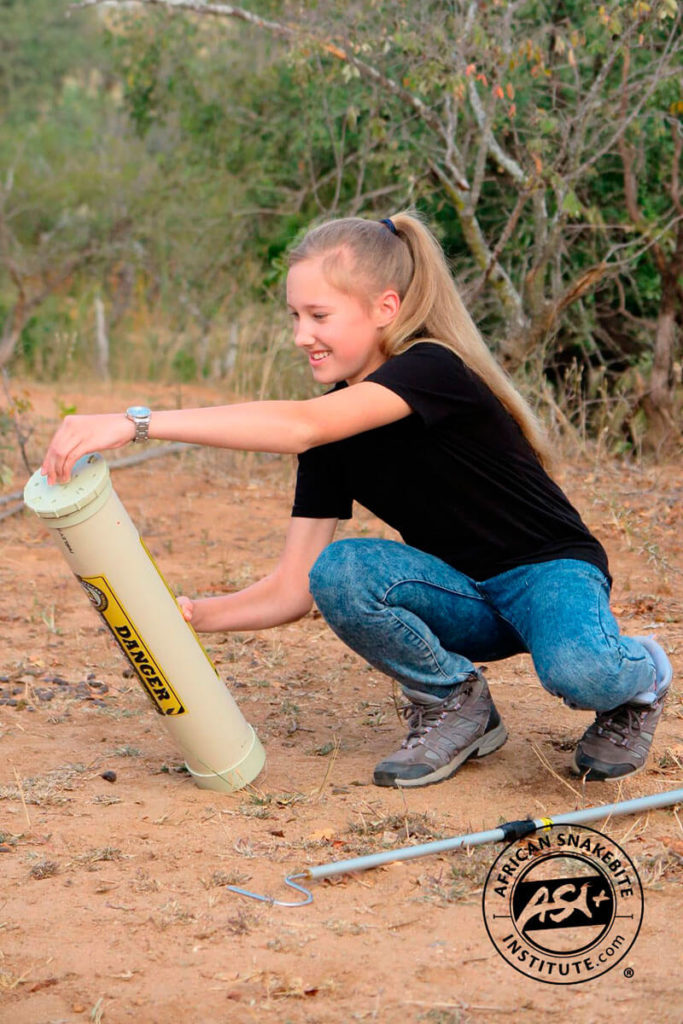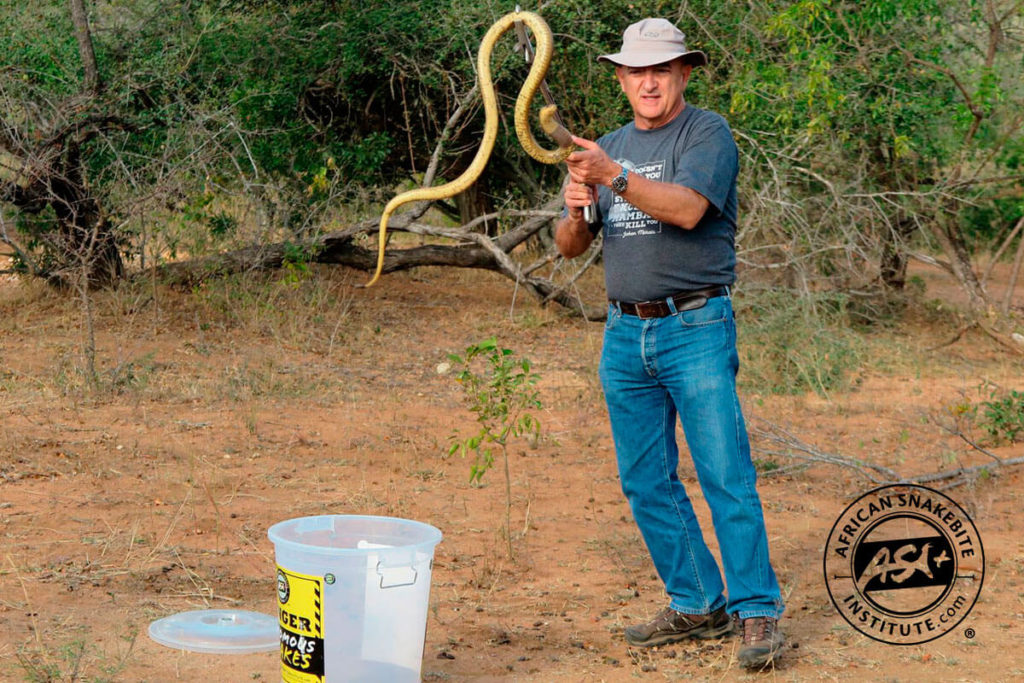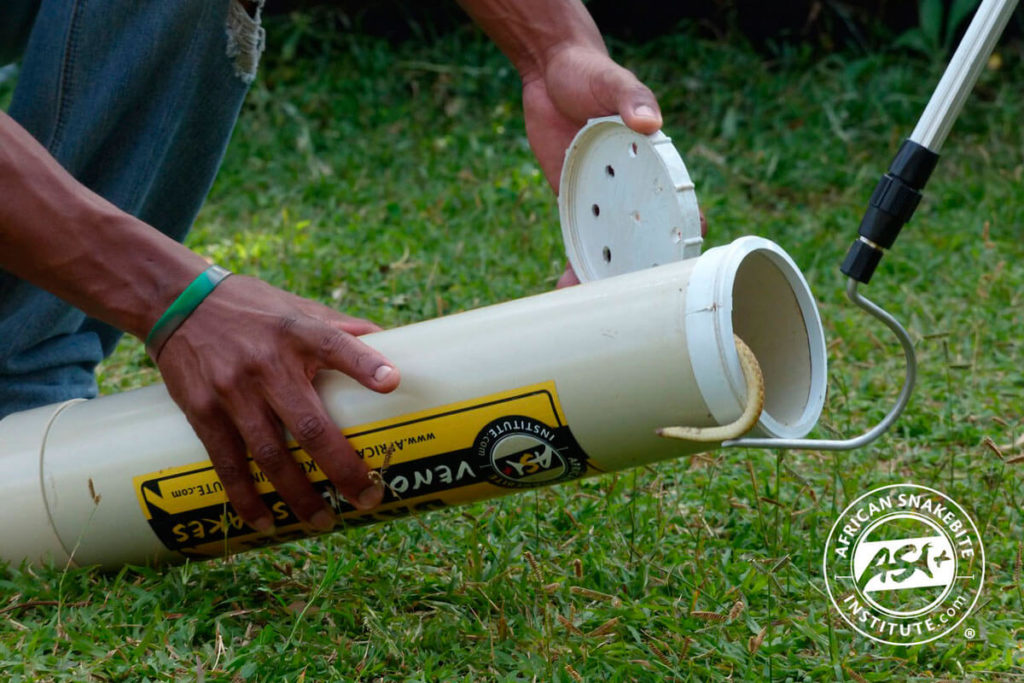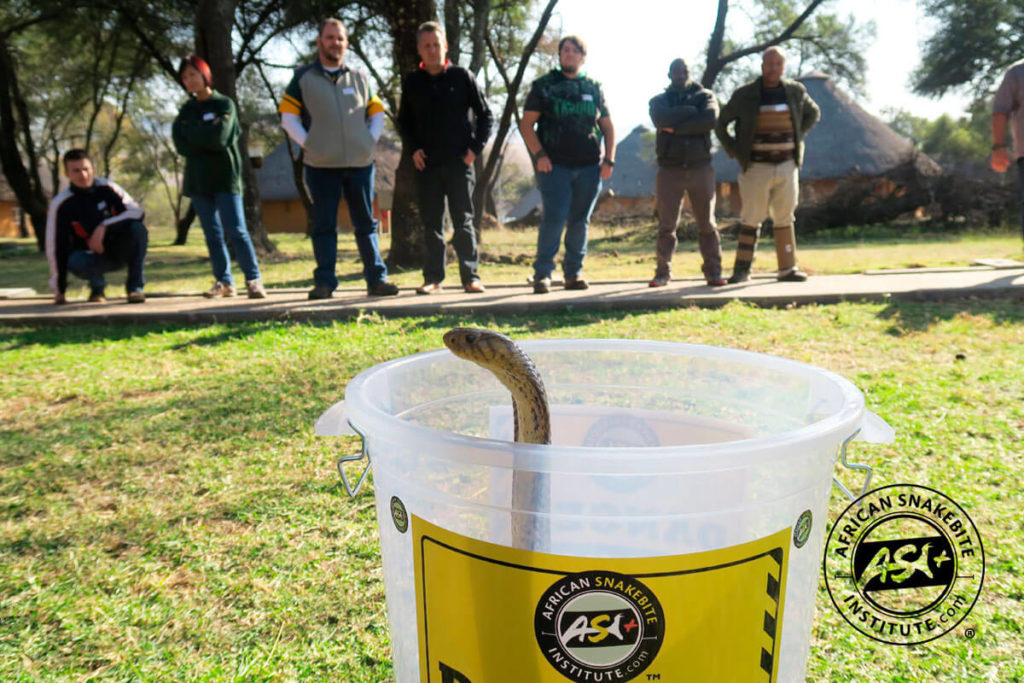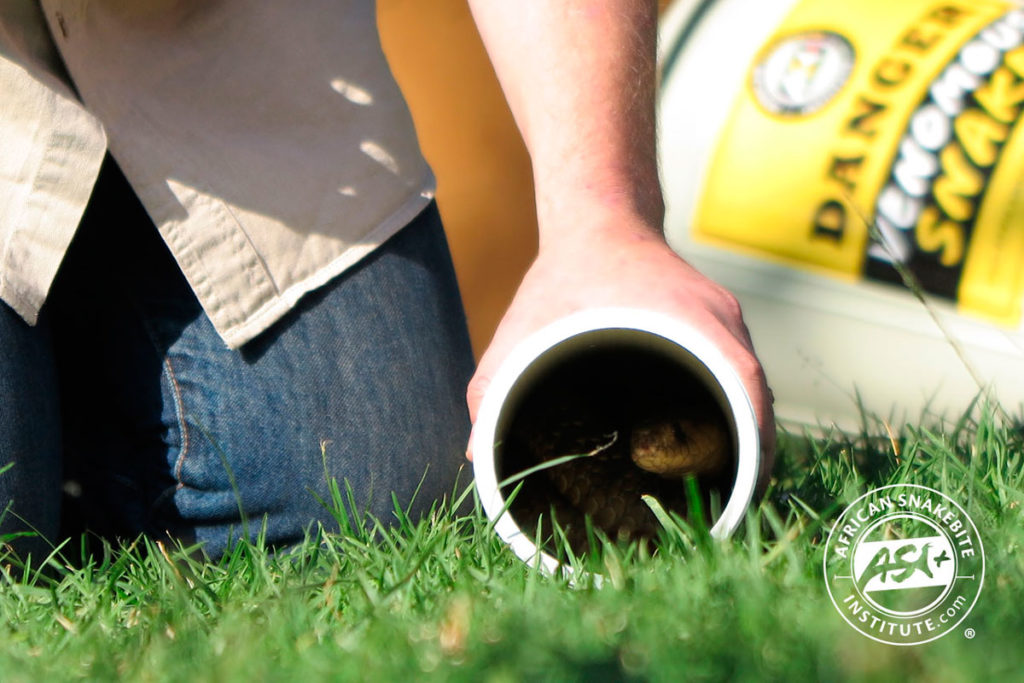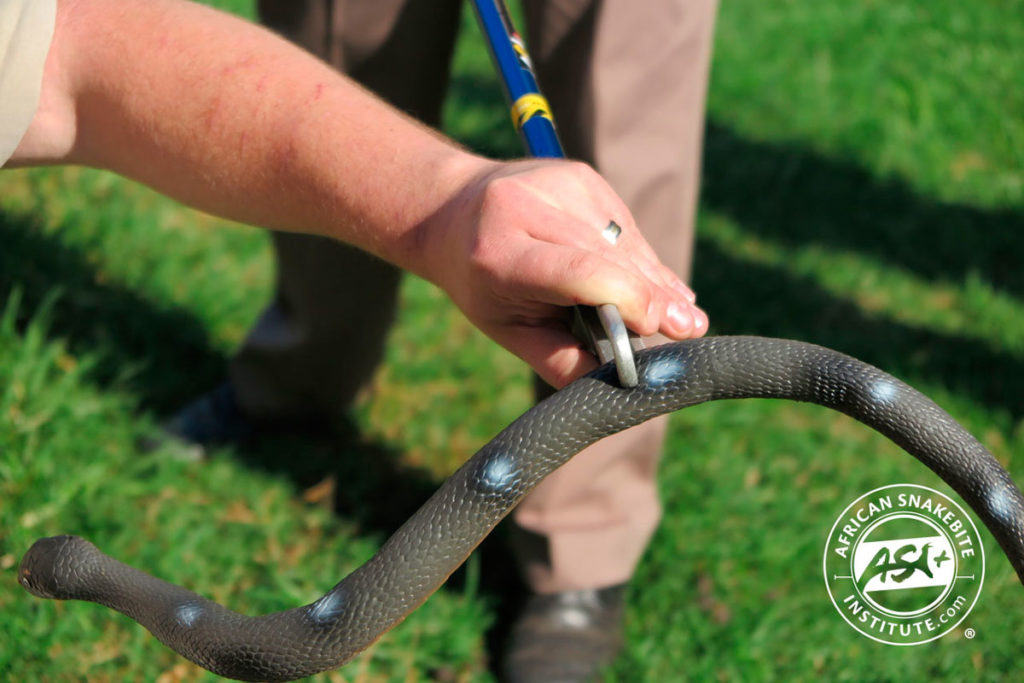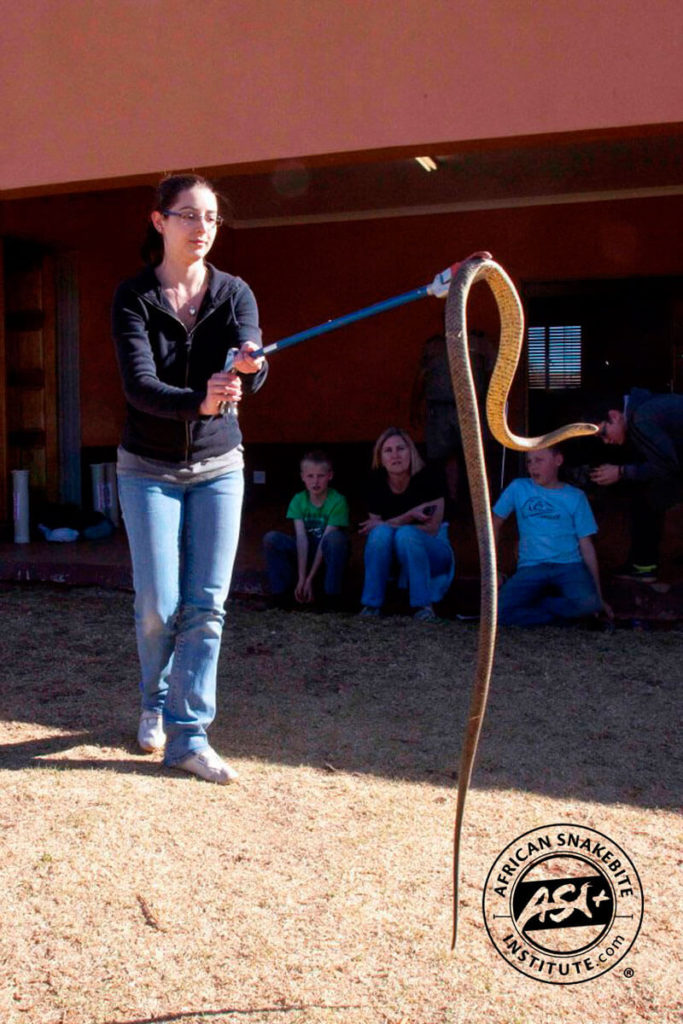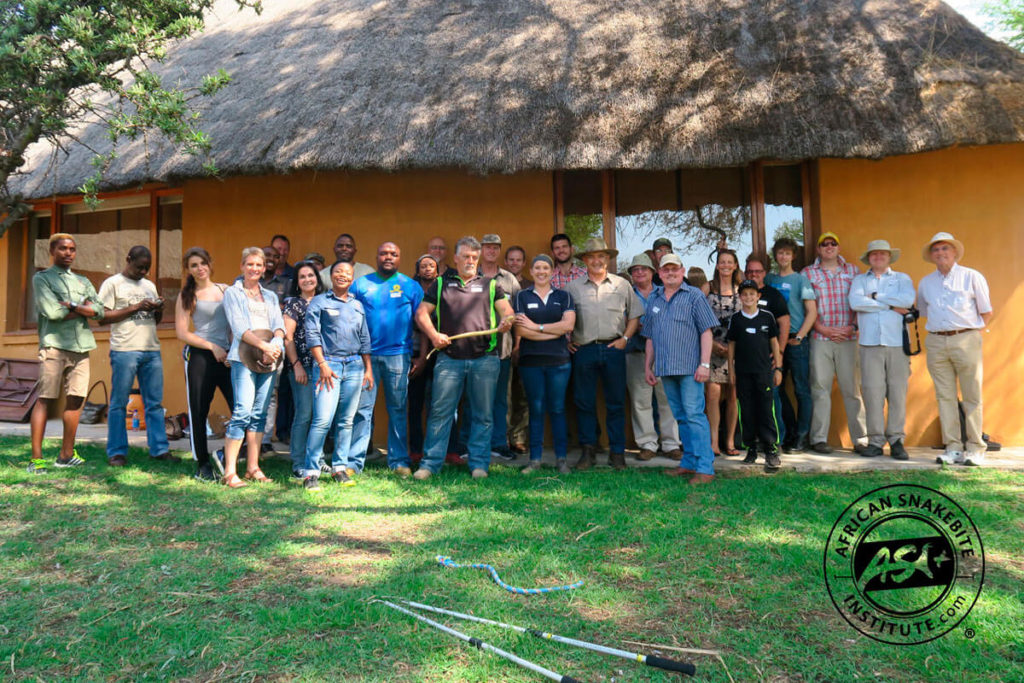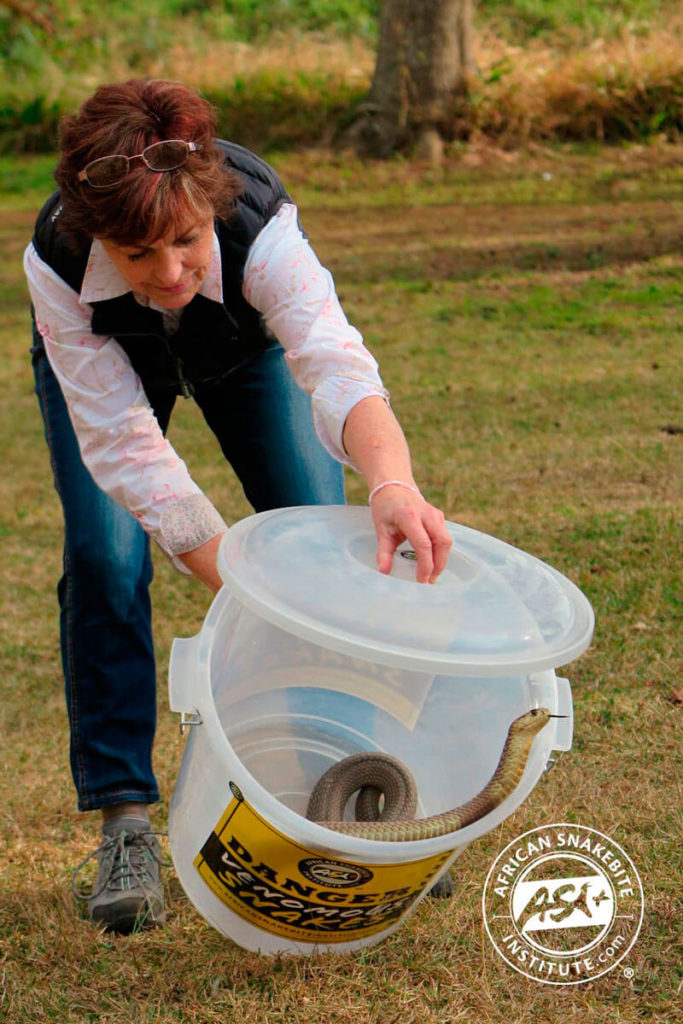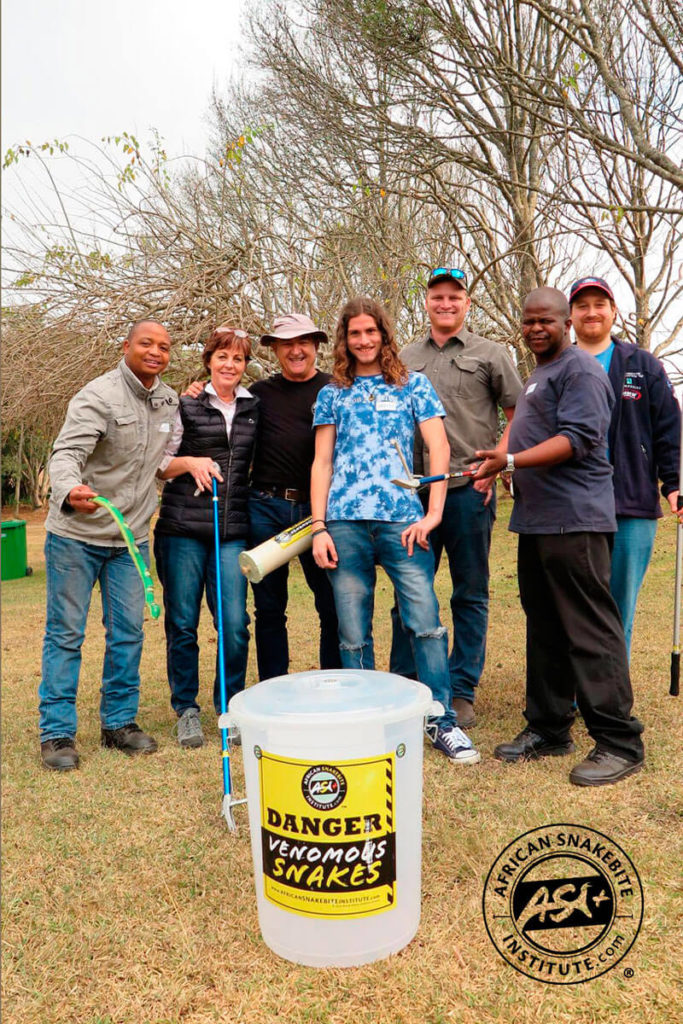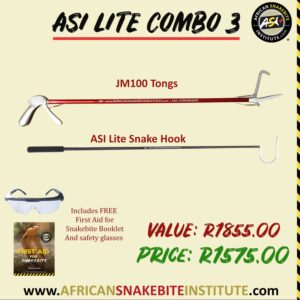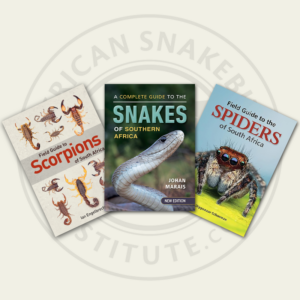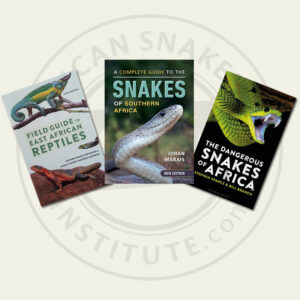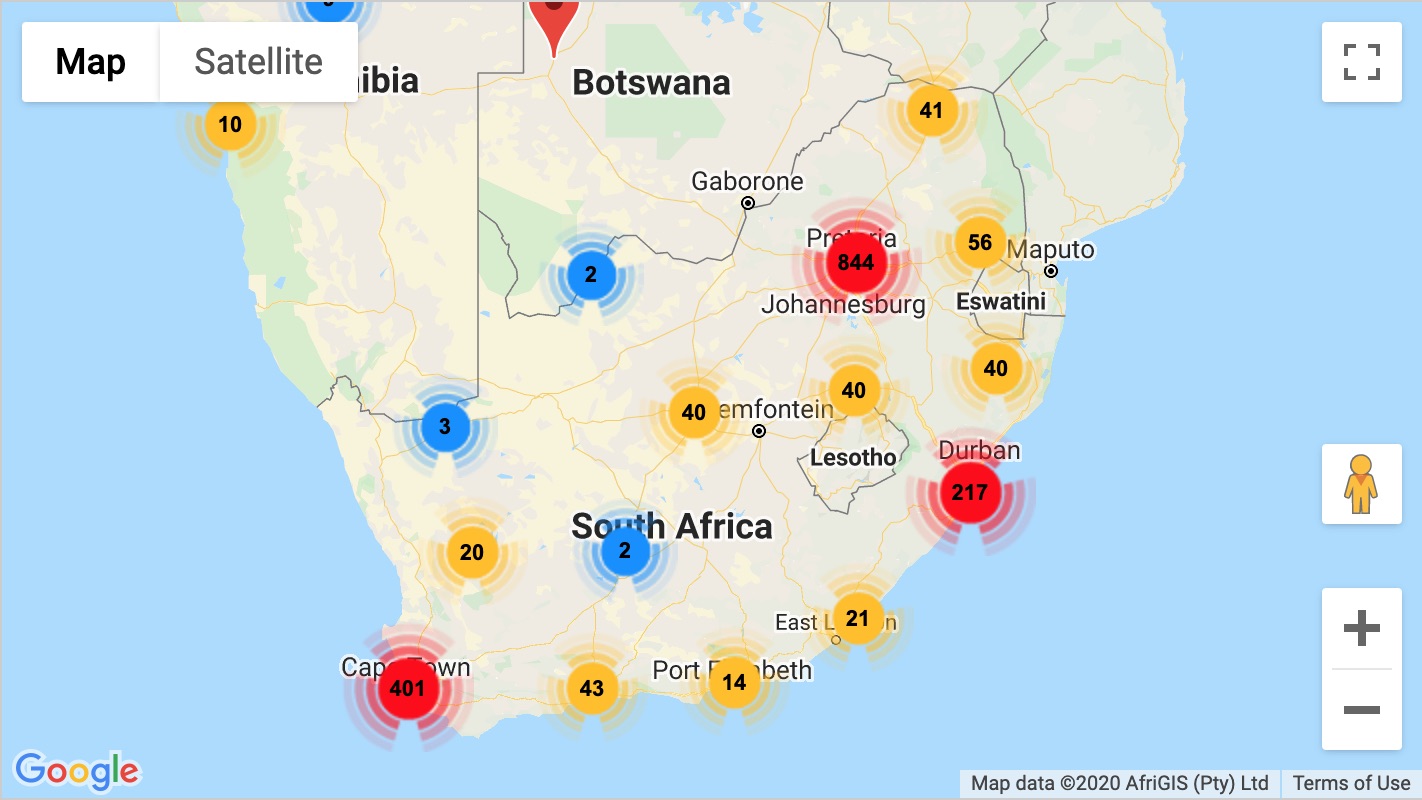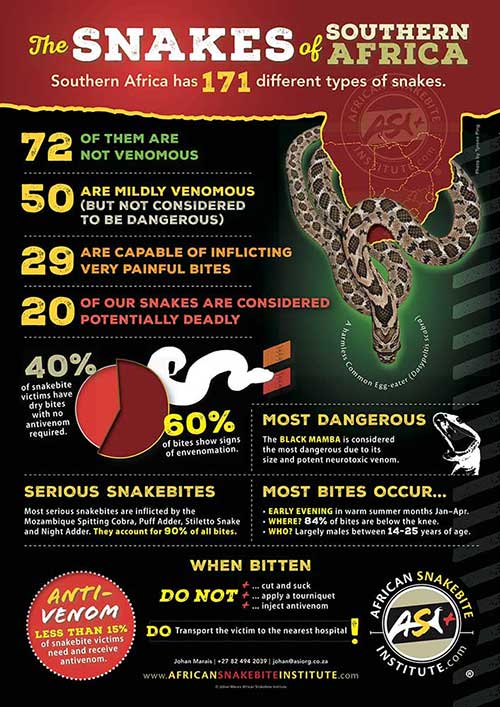Public Course Info
Our courses are presented by Johan Marais, Luke Kemp or Willem Van Zyl.
Johan Marais is one of Africa’s leading herpetologists with over 40 years of experience. Johan is a prominent author of snake books in Africa and has written the best sellers A Complete Guide to the Snakes of Southern Africa, Snakes and Snakebite in Southern Africa and First Aid for Snakebite. He is also the snake expert for the Tygerberg Poison Centre and the Red Cross Poison centre, as well as an advisor on snakes and snakebite to various hospitals and clinics throughout Africa.
Luke Kemp graduated from Rhodes University with a BSc and Honours Degree and has been working for the African Snakebite Institute for the past five years. Luke is a passionate herpetologist, avid photographer, and has been presenting courses with Johan Marais not just in South Africa, but elsewhere in Africa also. He currently runs the reptile Virtual Museum with ADU, Cape Town University and is co-authoring a book on the reptiles and amphibians of southern Africa with Johan Marais.
Willem Van Zyl is an experienced snake handler, wildlife photographer and wilderness first responder who has been working with the African Snakebite Institute for the last five years. He has done many public and corporate snake awareness and venomous snake handling courses. Willem is a software developer and assists with the ASI website, social media and created our hugely popular free app ASI Snakes.
Our safe snake handling protocols were developed by Johan Marais while working as curator at some of Africa’s leading snake parks and as a result of visits to various reptile parks and research facilities in the USA, Mexico, U.K., Spain, France, The Netherlands, Belgium, China, Singapore, Thailand, Australia and various African countries.
Our Snake Awareness, First Aid for Snakebite and Venomous Snake Handling course is registered with the following bodies:
HPCSA (Health Professions Council of South Africa) – registered health professionals earn 4 CPD points.
SAIOSH (South African Institute of Occupational Safety and Health) – registered participants receive 2 CPD points.
PCIPC (Pest Control Industry Professional Council) – registered members receive 3 CPD points when completing this course.
Our courses are accredited by the ISZS (the International Society of Zoological Sciences) and recognised by the AFGA (African Field Guides Association) and the NFTGA (National Federation of Tourist Guides & Affiliates).
Snake Awareness, First Aid for Snakebite and Venomous Snake Handling
Our introductory snake awareness, first aid for snakebite and venomous snake handling course is our most popular course. The morning theory session covers snake awareness, behaviour, biology, identification, myths, first aid for snakebite, scorpion sting and spider bite and a discussion on the medical treatment of snakebite. In the handling session, delegates are taught safe protocols for catching and releasing venomous snakes using the correct equipment. Delegates do not make physical contact with venomous snakes.
Snake Handling Bootcamp
The next course in the range is our Snake Handling Bootcamp. This is a hands-on day of practical snake handling. Delegates are taken through the basics of catching and releasing venomous snakes, and are taught how to tail snakes (catching certain species by the tail and using a hook or snake tong), and then spend the rest of the day working their way through several snake removal scenarios.
Advanced Snake Handling
Delegates who have completed our Snake Awareness and Snake Handling Bootcamp can move onto our Advanced Snake Handling course. In this course, delegates are taught how to bag, probe, tail and neck venomous snakes. This course is popular with people who intend working with snakes professionally or who intend keeping venomous snakes.
Advanced First Aid for Snakebite
In our Advanced First Aid for Snakebite course we cover snake venoms and their effects, mouth-to-mouth resuscitation and C.P.R., pressure immobilisation during which delegates will be taught how to apply the correct pressure and the use of a pocket mask and a bag valve mask. It is a hands-on course with various practical scenarios.
Reptile Photography course
Our reptile photography course covers: Equipment (cameras, lenses, flash, tripods, memory cards), theory (speed, depth of field, ISO) composition (background and focal points) lights and lighting (artificial and available light, flashes, diffusers) macro photography and equipment, Photoshop and Lightroom, archiving images, and tricks of the trade. A practical session follows the theoretical session.
